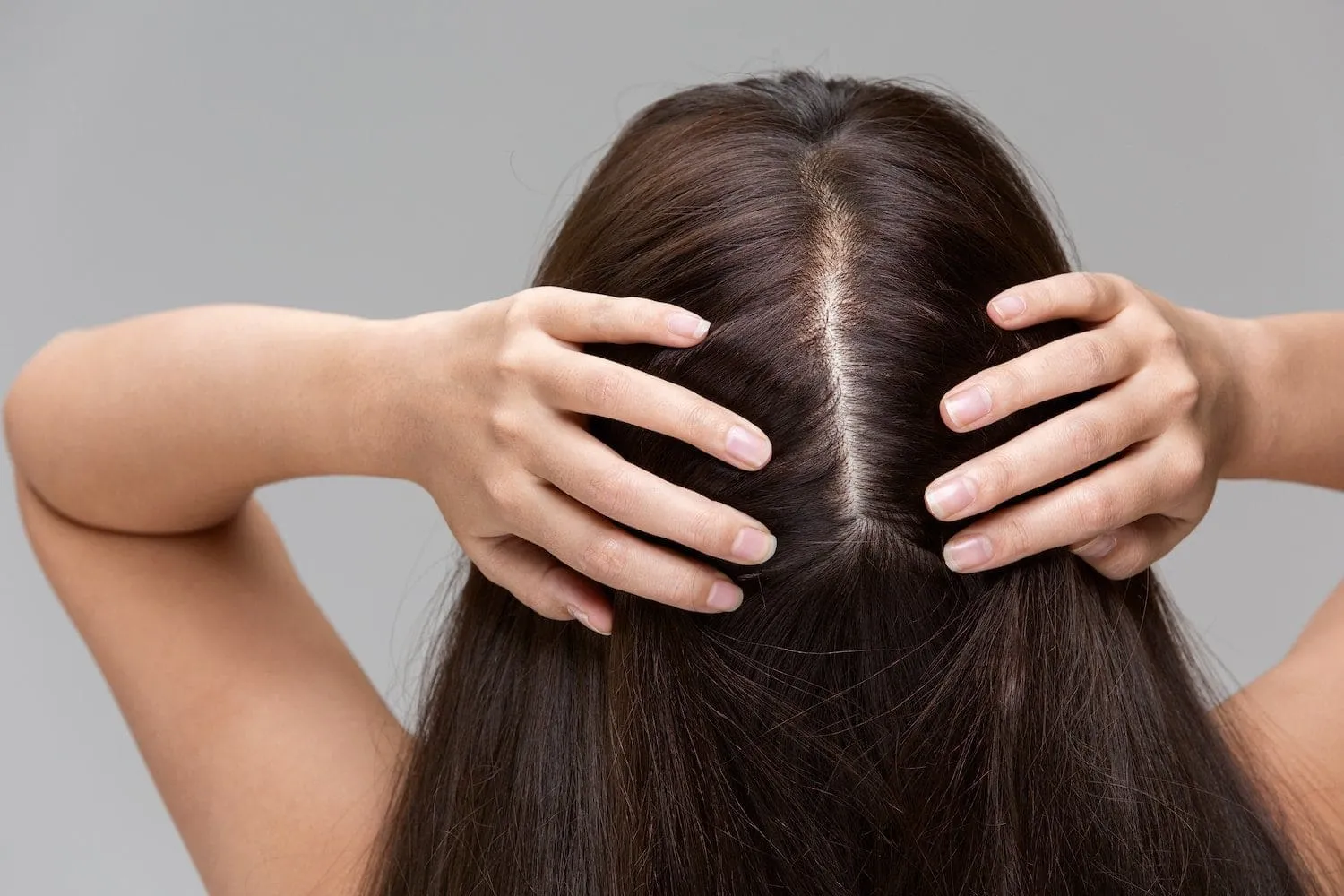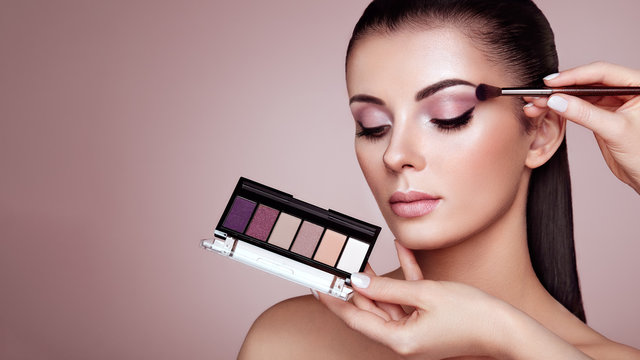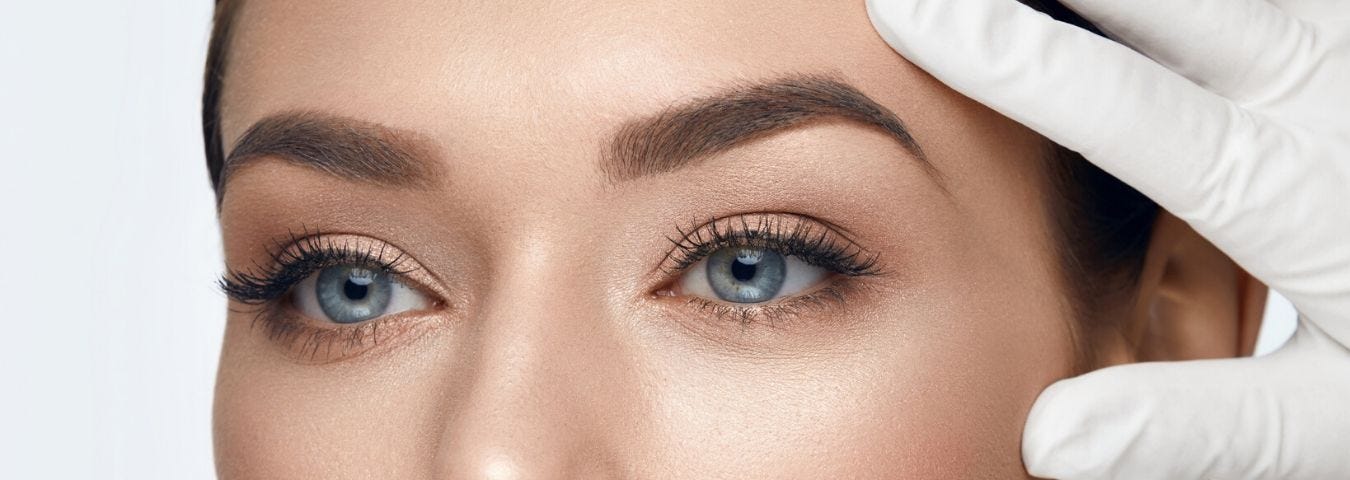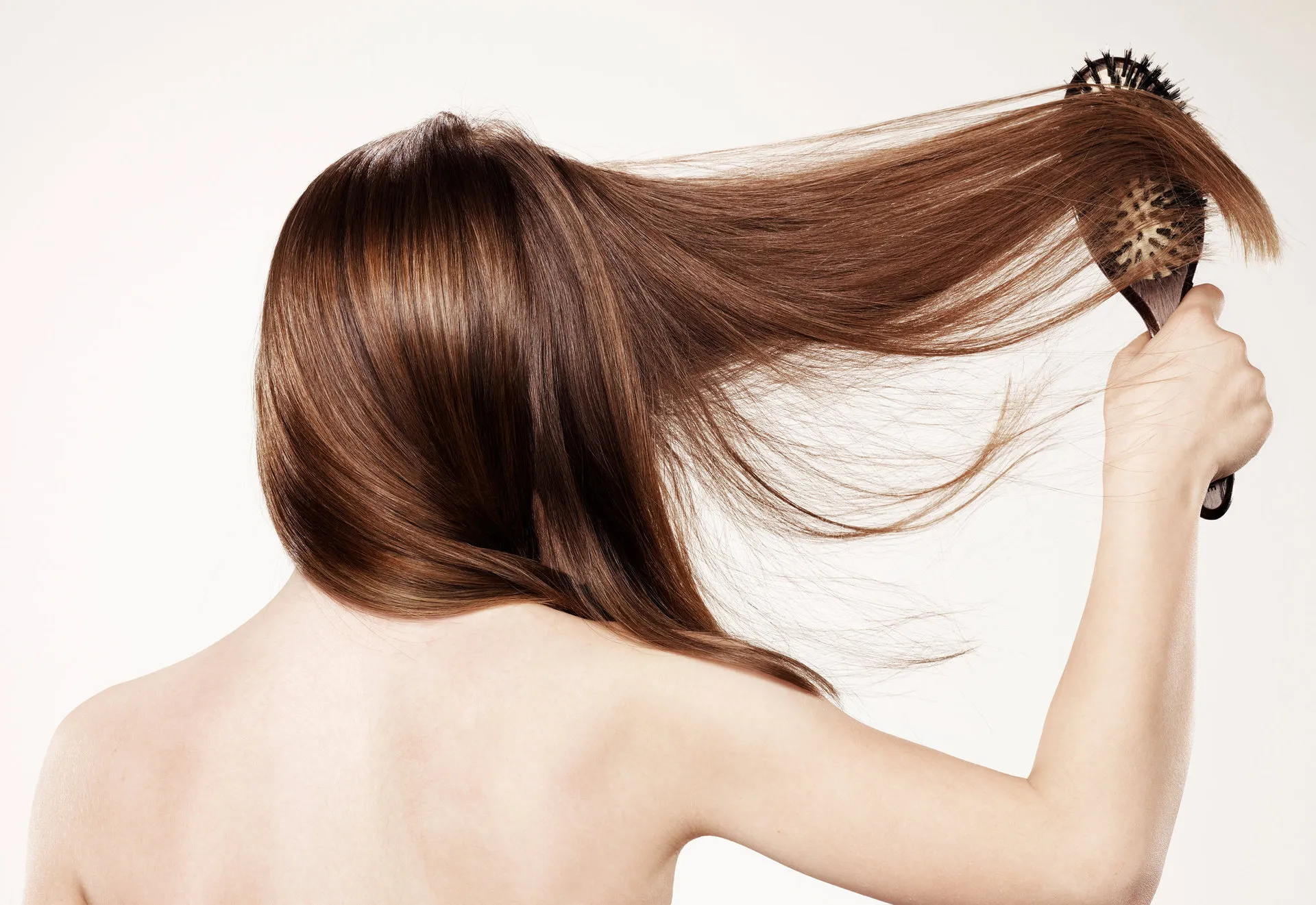Does your head feel itchy when you are stressed out? It’s not just in your head! There is a powerful link between feeling stressed and the health of your scalp. When you worry a lot, your body makes special hormones that can mess up your hair and scalp. This can cause dryness, too much oil, or even make your hair fall out. We will look at the science of why this happens. Read on to learn how managing your stress can lead to a calmer, healthier scalp.
The Vicious Cycle: How Stress Impacts Your Scalp?
When you experience stress, your body goes into “fight or flight” mode, triggering a cascade of hormonal responses. The primary culprit is cortisol, often called the “stress hormone.”
Inflammation and Irritation
When you feel stressed, your body’s survival mechanism kicks in, flooding your system with the hormone cortisol. Cortisol is helpful in short bursts, but chronic, ongoing stress means consistently high levels of this hormone. This overload triggers a state of chronic inflammation across your body, and your scalp is no exception. This inflammation compromises the skin barrier on your head, making it sensitive, red, and prone to irritation. It also directly exacerbates existing issues like dandruff (seborrheic dermatitis) and scalp psoriasis, turning a minor irritation into a painful, itchy flare-up. This immune reaction makes your scalp an unhappy place, stressing you out even more.
Increased Oil Production
Stress hormones, particularly androgens, directly stimulate the sebaceous glands in your scalp. These glands are responsible for producing sebum, the natural oil that lubricates and protects your hair. Under stress, these glands go into overdrive, leading to an excessively oily scalp. This high-sebum environment creates the perfect feeding ground for the Malassezia yeast, which is the primary fungal contributor to dandruff and flaking. This increase in oiliness can leave your hair feeling heavy and greasy, and the resulting flaking and itching contribute to a cycle where the visible scalp issues cause further anxiety.
Hair Shedding and Thinning
The most alarming impact of stress is its effect on your hair’s growth phases. Severe emotional or physical stress can force a large percentage of hair follicles to prematurely shift from the active anagen (growth) phase into the passive telogen (resting) phase. This condition is known as Telogen Effluvium. About two to three months after a major stressful event (like an illness, trauma, or ongoing pressure), the affected hair strands will suddenly shed while washing or brushing. Seeing noticeable hair thinning or large amounts of hair fall only increases psychological stress, completing the vicious cycle by adding another layer of worry about the visible loss.
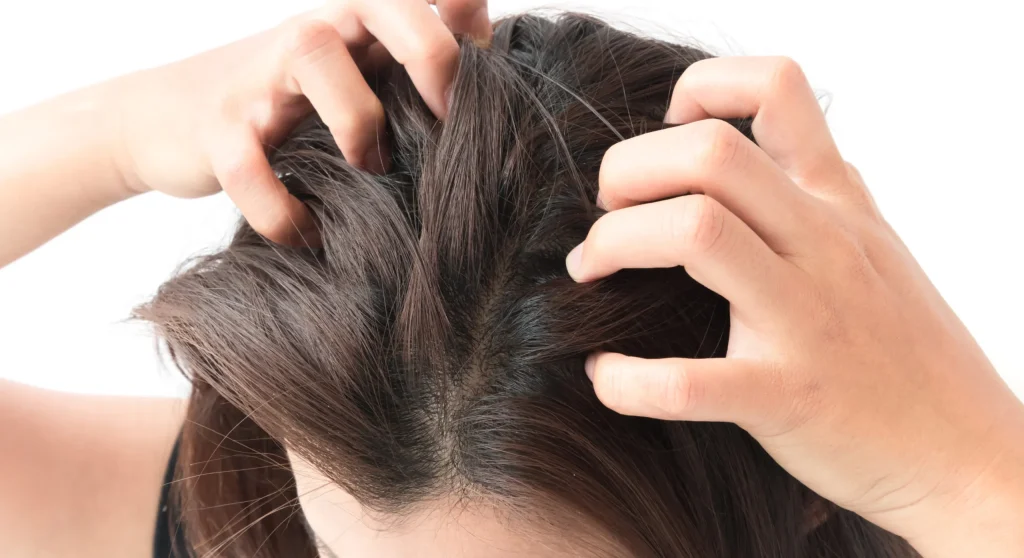
Stress-Related Scalp Conditions You Should Know
If your scalp problems flair up during high-stress periods, you might be dealing with one of these:
| Condition | Primary Symptoms | Stress Link |
| Dandruff (Seborrheic Dermatitis) | Flakes, itching, red, greasy patches. | Stress compromises the immune system, allowing the yeast Malassezia to proliferate. |
| Psoriasis | Thick, silvery-white scale patches. | Stress is a known trigger for flare-ups in genetically predisposed individuals. |
| Alopecia Areata | Sudden, patchy hair loss (autoimmune). | High stress is strongly linked to triggering the immune system to attack hair follicles. |
| Trichotillomania | An impulse control disorder where people pull out their own hair. | Often used as a coping mechanism for anxiety and stress. |
3 Ways to Break the Stress-Scalp Cycle
Since stress is often the root cause, truly healing your scalp requires addressing your mental state, not just applying topical treatments.
Prioritize Daily Stress Reduction Practices
Since stress is the core trigger, the most effective strategy involves consistently lowering cortisol levels. Simple daily practices like meditation, deep-breathing exercises, and yoga can activate your body’s relaxation response, directly counteracting the “fight or flight” mode that causes inflammation. Furthermore, ensuring you get 7-9 hours of quality sleep allows the body and hair follicles necessary time to repair and regenerate. Regular physical activity, even a 20-minute brisk walk, releases mood-boosting endorphins that naturally alleviate anxiety. By treating your mind first, you are healing your scalp from the inside out, turning off the hormonal signal that tells your hair to shed or your scalp to flare up.
Implement a Calming Scalp Care Routine
During periods of high stress, your scalp needs gentle, targeted care to manage symptoms. First, swap out harsh, sulfate-laden shampoos that strip natural oils and opt for soothing, anti-inflammatory ingredients like zinc pyrithione (for flakes) or aloe vera and chamomile (for irritation). Incorporate a scalp massage into your routine using the pads of your fingers or a soft brush. This practice not only feels deeply relaxing and reduces localized tension but also stimulates blood flow, delivering vital nutrients to the hair follicles. Finally, avoid excessive heat styling and chemical treatments, as these mechanical stressors only add to the inflammation already caused by internal stress.
Nourish the Body from the Inside Out
Your hair and scalp are often the last places to receive nutrients, especially when the body is busy coping with stress. To support healthy hair growth and combat stress-related deficiencies, focus on a diet rich in essential vitamins and minerals. Key nutrients include Biotin, Iron, Zinc, and Omega-3 fatty acids, which help strengthen hair structure and reduce inflammation. If your diet is inconsistent, consider a high-quality supplement, but always consult a doctor first. Proper hydration is also crucial. By fueling your body with the building blocks it needs, you ensure your follicles have the strength to remain in the active growth phase despite external pressures.
Final Thoughts
Stress creates a vicious cycle for your scalp by triggering the release of cortisol, leading to inflammation and excess sebum (oil). This hormonal imbalance can worsen conditions like dandruff and prematurely push hair follicles into the shedding phase (Telogen Effluvium). To break this link, you must address both the cause and the symptom: prioritize daily stress management (sleep, exercise, meditation) while adopting a gentle, calming scalp routine and fueling your body with vital nutrients.


